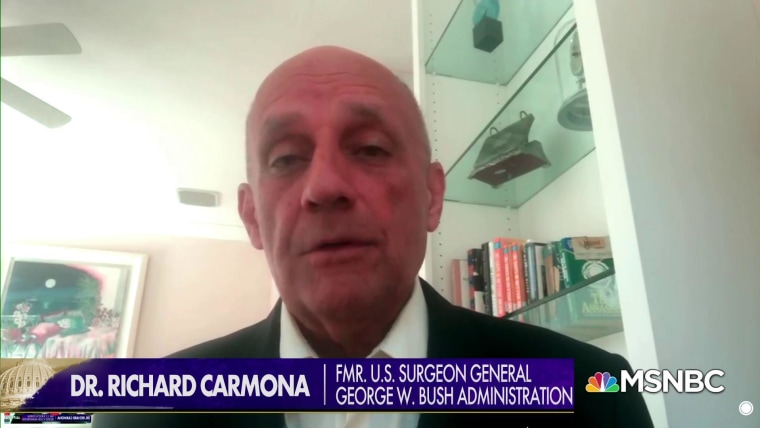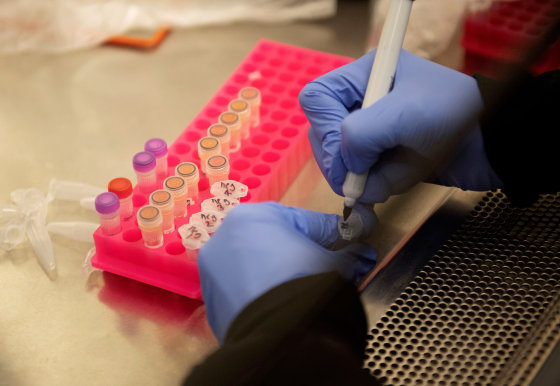Hydroxychloroquine was no better than a placebo at preventing symptoms of COVID-19 among people exposed to the coronavirus, according to research from the University of Minnesota Medical School.
The findings, published Wednesday in the New England Journal of Medicine, are the first from a major clinical trial looking at whether the medication might be useful as a prophylactic.
Full coverage of the coronavirus outbreak
The study included 821 people who had been in close contact with a confirmed COVID-19 patient, putting them at an elevated risk of developing the illness themselves.
Study participants were sent doses of either hydroxychloroquine or a placebo and asked to take the pills for two weeks. Neither the study participants nor the researchers knew in advance which people would be getting the real medication.

At the end of the two weeks, there was virtually no difference in who developed COVID-19 symptoms. About 12 percent of those given hydroxychloroquine reported symptoms, compared with 14 percent who received the placebo. Adding zinc or vitamin C supplements did not show a benefit, either, the researchers reported.
"Our objective was to answer the question of whether hydroxychloroquine worked to prevent disease or did not work," Dr. David Boulware, the lead researcher and an infectious diseases physician at the University of Minnesota, said in a statement. He added the team was "disappointed that this did not prevent COVID-19."
Despite concerns the drug might lead to dangerous heart problems, the researchers did not find that was the case in this study. However, people who received hydroxychloroquine were more likely to have nausea or diarrhea.
Hydroxychloroquine is an antimalarial drug that's also used to treat lupus and rheumatoid arthritis. Early in the COVID-19 pandemic, there was some evidence the medication might help treat patients with the coronavirus. It was also widely touted by President Donald Trump, who said he was taking the drug as a preventive strategy.
Download the NBC News app for full coverage of the coronavirus outbreak
The new findings from the University of Minnesota Medical School largely relied on participants to report symptoms of COVID-19, as diagnostic tests were largely inaccessible. This means some participants indeed could have become infected, but never developed symptoms, such as fever, cough, shortness of breath and stomach issues.
"This study doesn't tell me for sure that this strategy doesn't work. It just makes me lean in that direction," said Dr. Daniel Culver, a pulmonary and critical care expert at the Cleveland Clinic who was not involved with the research.
He pointed out the study results do not apply to people who have confirmed COVID-19 infection, or who are hospitalized with the virus; in other words, those who are given the drug as a treatment, rather than as a preventive measure. A study published last month in the Journal of the American Medical Association found the drug did not help very ill COVID-19 patients, and in fact could cause heart problems.
Still, Culver said, there is not yet conclusive evidence that hydroxychloroquine has no place in the pandemic. "I would continue to encourage people to get involved in clinical trials, including trials for hydroxychloroquine," he said.
The Food and Drug Administration has warned against using the drug outside of clinical trials or hospital settings. On April 24, the regulatory agency cautioned that physicians should not prescribe hydroxychloroquine on an outpatient basis.
Follow NBC HEALTH on Twitter & Facebook.

